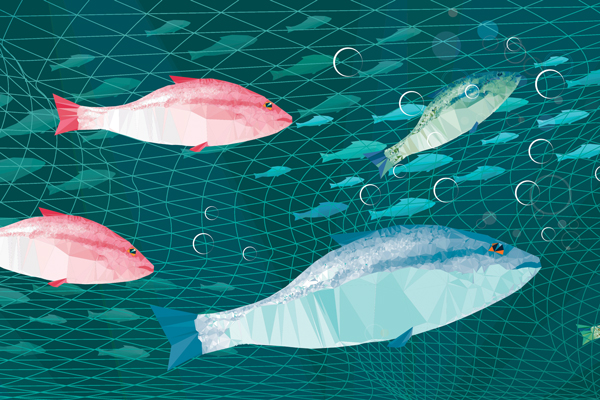International value managers expect obstacles to persist for their asset class, which has long struggled to keep up with U.S. and growth-oriented equities for the last decade. But they are also acutely aware that no cycle persists forever.
By using their bottom-up investing lens they’ve identified select foreign value stocks that they think are well positioned to weather the macroeconomic turbulence picking up around the globe. Value stocks, which trade at a discount relative to their fundamentals, have underperformed growth stocks in this prolonged environment of very low interest rates because investors have been willing to pay a premium for future earnings growth.
Value saw a bit of a recovery in late August and September as U.S. 10-year Treasury yields rose above 3%, says Harry Hartford, president and head of fundamental research at Los Angeles-based Causeway Capital Management and a manager of the Causeway International Value Fund.
Although value’s underperformance trajectory “has been arrested,” Hartford says, another challenge is mounting: Investors are quickly and severely punishing value and growth stocks when companies fail to meet expectations. “It’s a phenomenon that we’re seeing not just in the U.S. but across the board,” he says.
For example, he notes that the share prices of Germany-based lighting manufacturer Osram Licht AG and France-based automotive supplier Valeo SA dropped dramatically this year after macroeconomic and business-specific concerns prompted the companies to cut sales and earnings forecasts.
Hartford expects more disappointments ahead as companies grapple with labor shortages, higher unit labor costs and production disruptions. “Underneath the [S&P 500 and MSCI EAFE] indices are what might best be described as a rolling bear market,” he says. “There are various pockets of indices both here in the United States and overseas that are experiencing significant underperformance,” he says, “and a fair amount of turmoil.”
Looking past that turmoil to consistent long-term, risk-adjusted returns is the goal of the fully invested Causeway International Value Fund (it always holds less than 3% of its assets in cash). “The amount of capital that we allocate to an individual security, for the most part, reflects the degree to which we think that security is mispriced,” says Hartford.
The fund’s largest position (as of September 30) is Germany-based Volkswagen AG. Auto makers in general have experienced poor performance in 2018, he says, and the stock has never recovered fully from the company’s “dieselgate” scandal (in which the auto maker was accused of violating its cars’ emission controls during testing). Hartford thinks the investment community is waiting for Volkswagen to demonstrate that new management is capable of invigorating the brand and generating profitability and margins similar to those of other auto makers—and he believes it is.
Banks are the single biggest exposure of the Causeway International Value Fund (12% as of September 30). Its lion’s share is in European banks, which “have become quite compelling from a valuation perspective,” Hartford says, as they continue to underperform because of low interest rates in Europe and concerns about Brexit, Italy’s budget and European countries’ high levels of indebtedness. “There’s a little bit of a political football going on between the Italian administration and the EU in Brussels,” he says. Financial companies are the largest sector (about 20%) of the STOXX Europe 600 index, he notes.
Fishing For Value Overseas
December 2018
« Previous Article
| Next Article »
Login in order to post a comment








